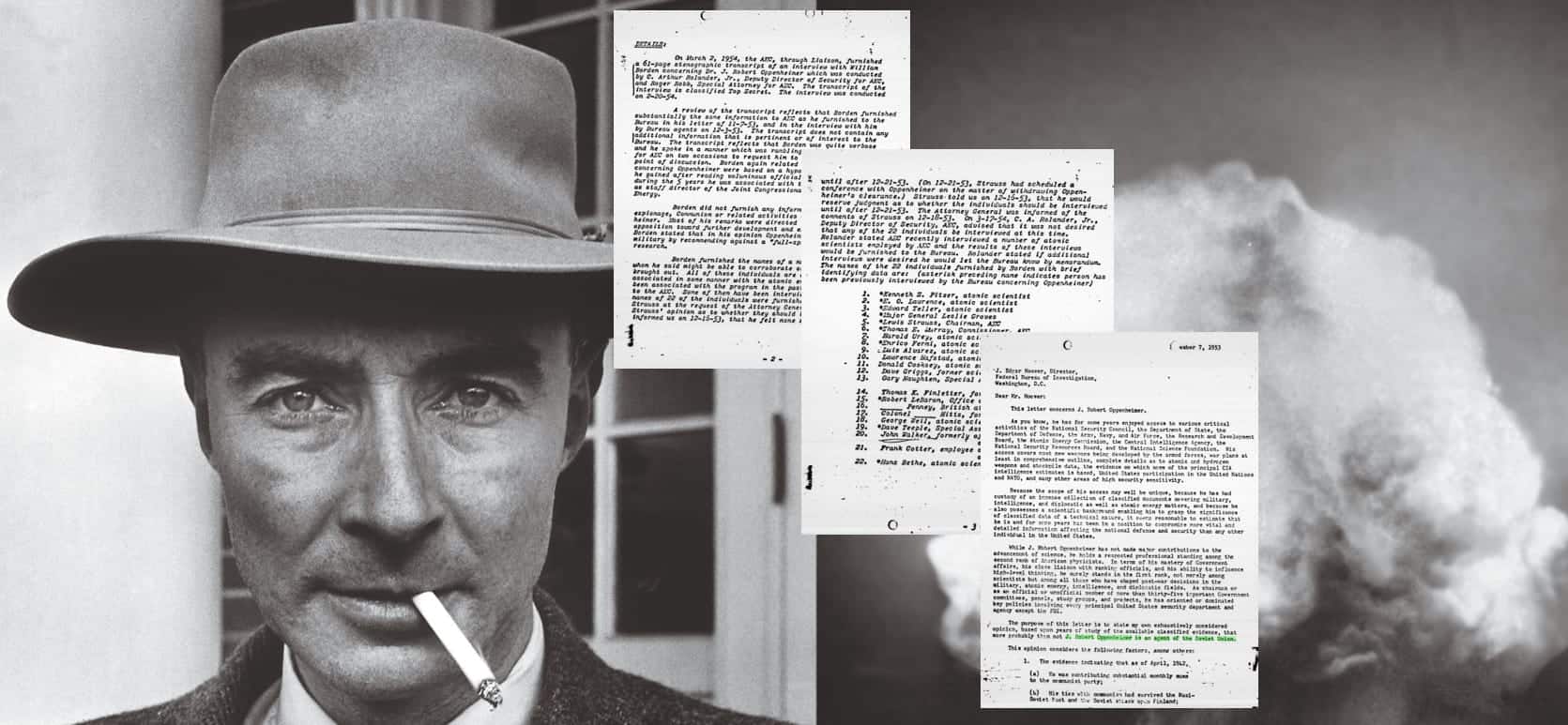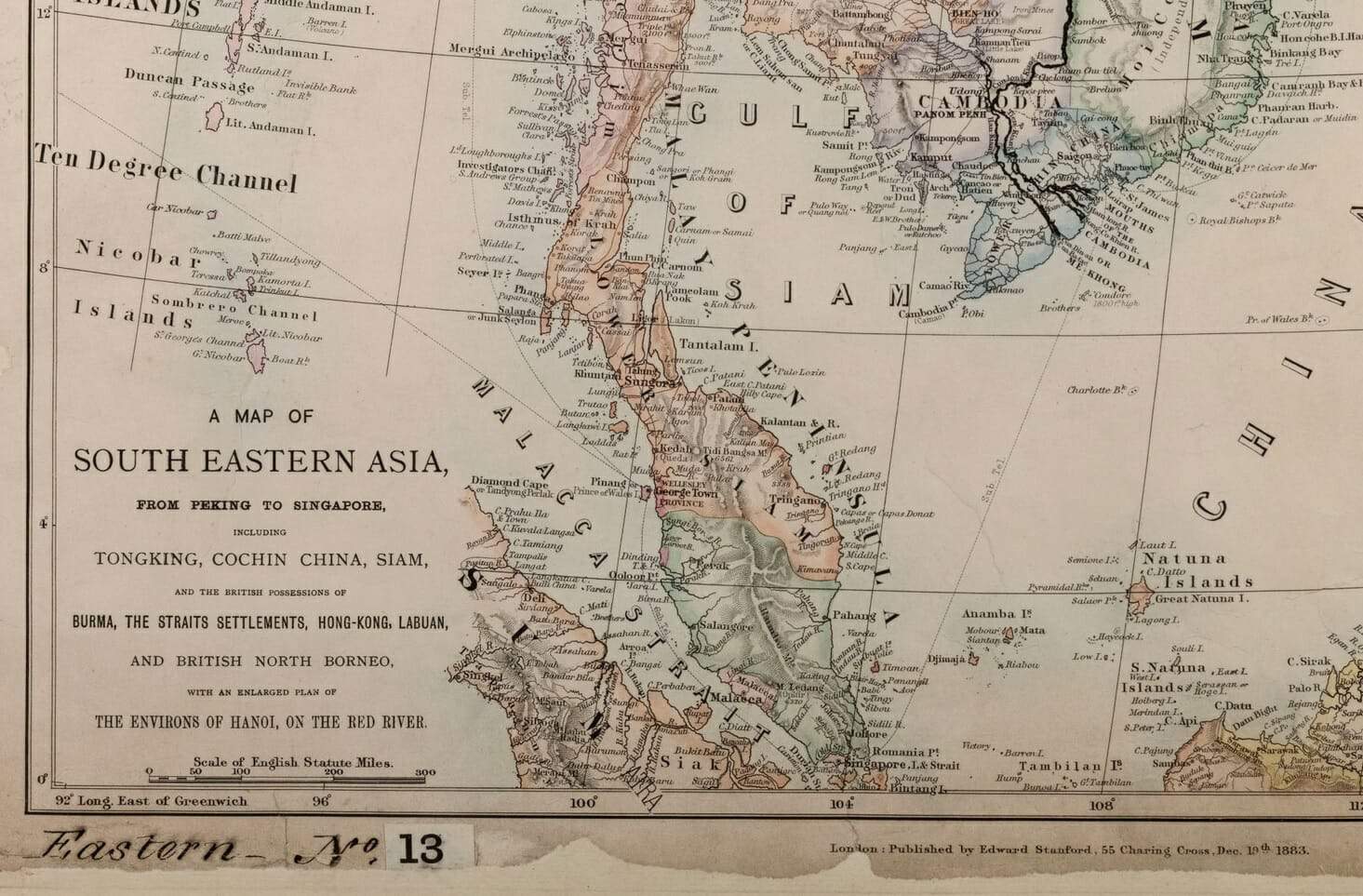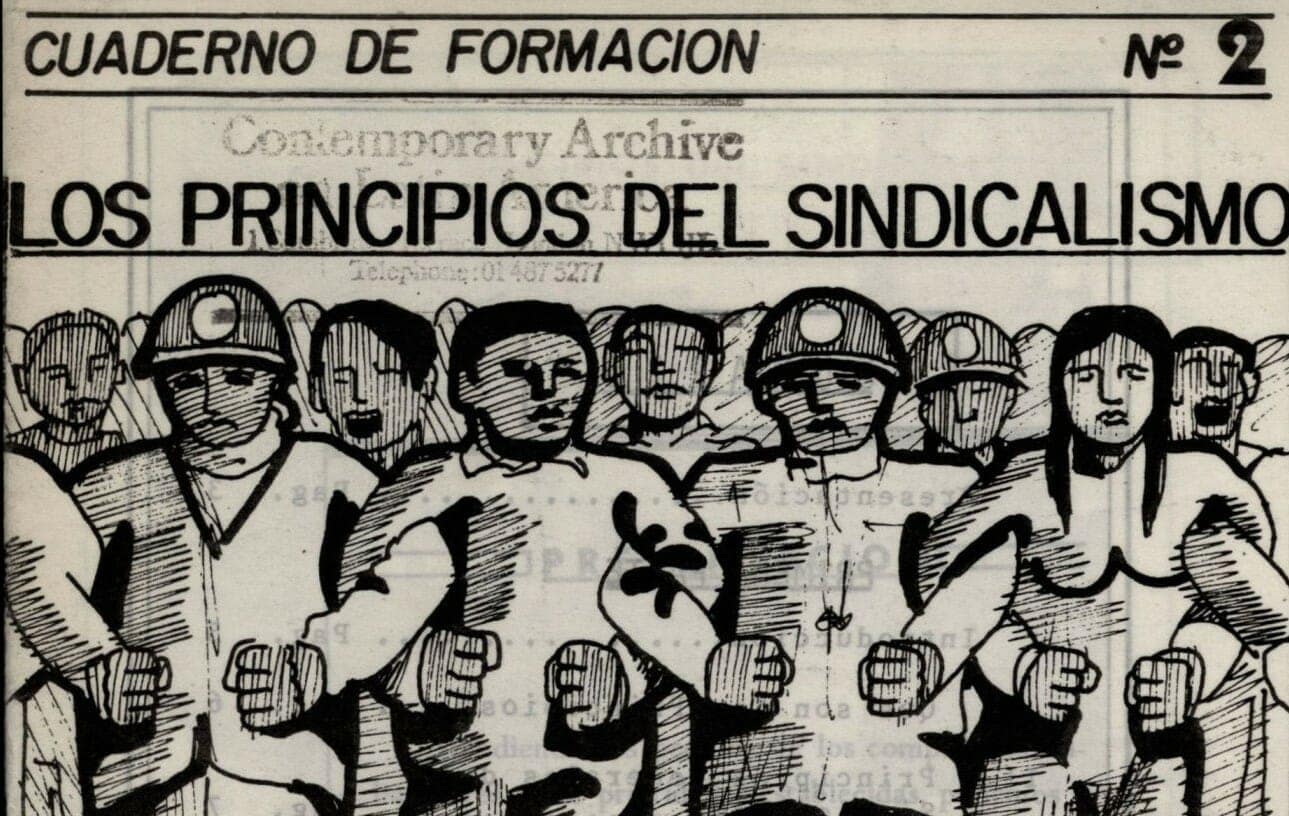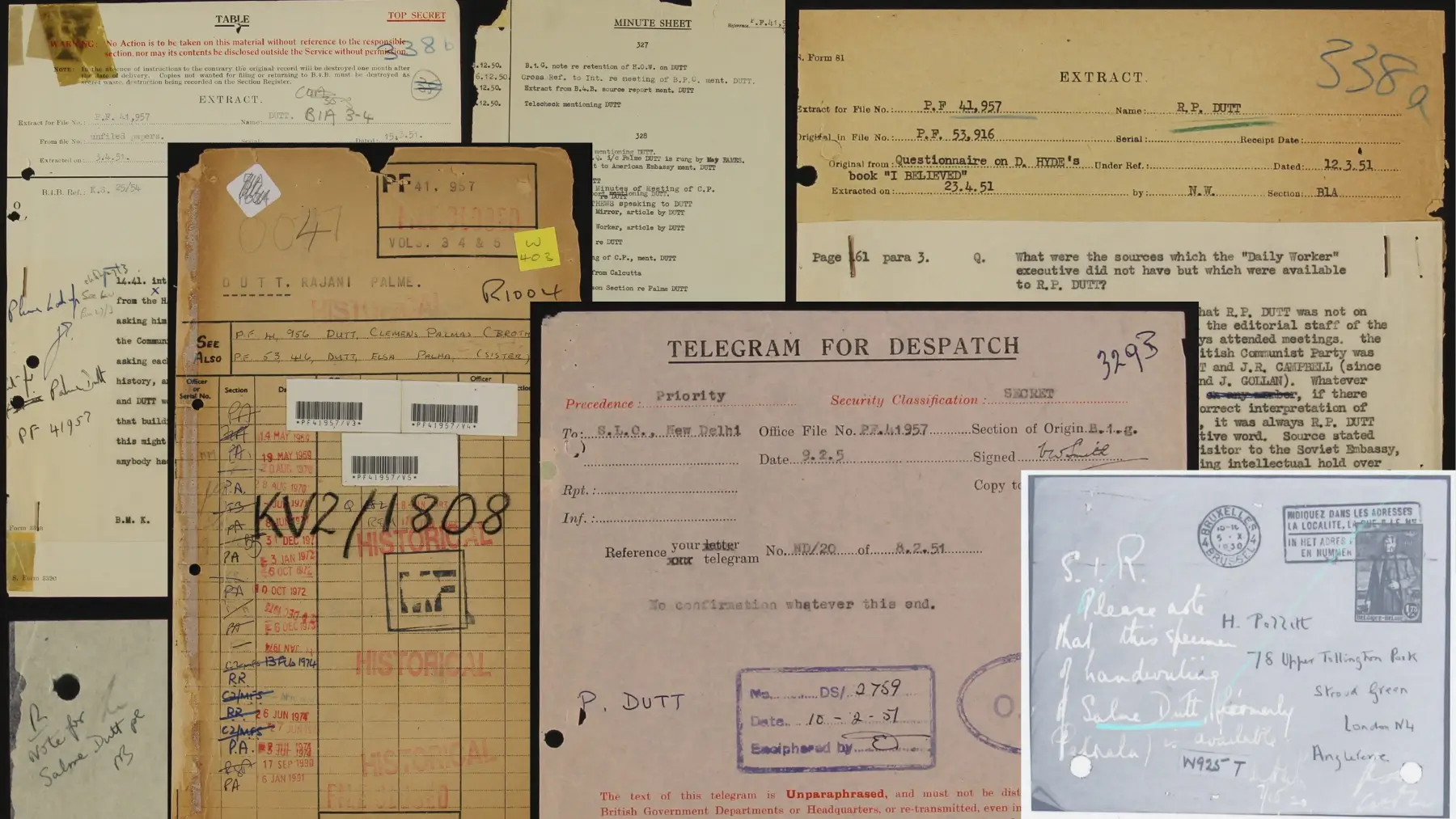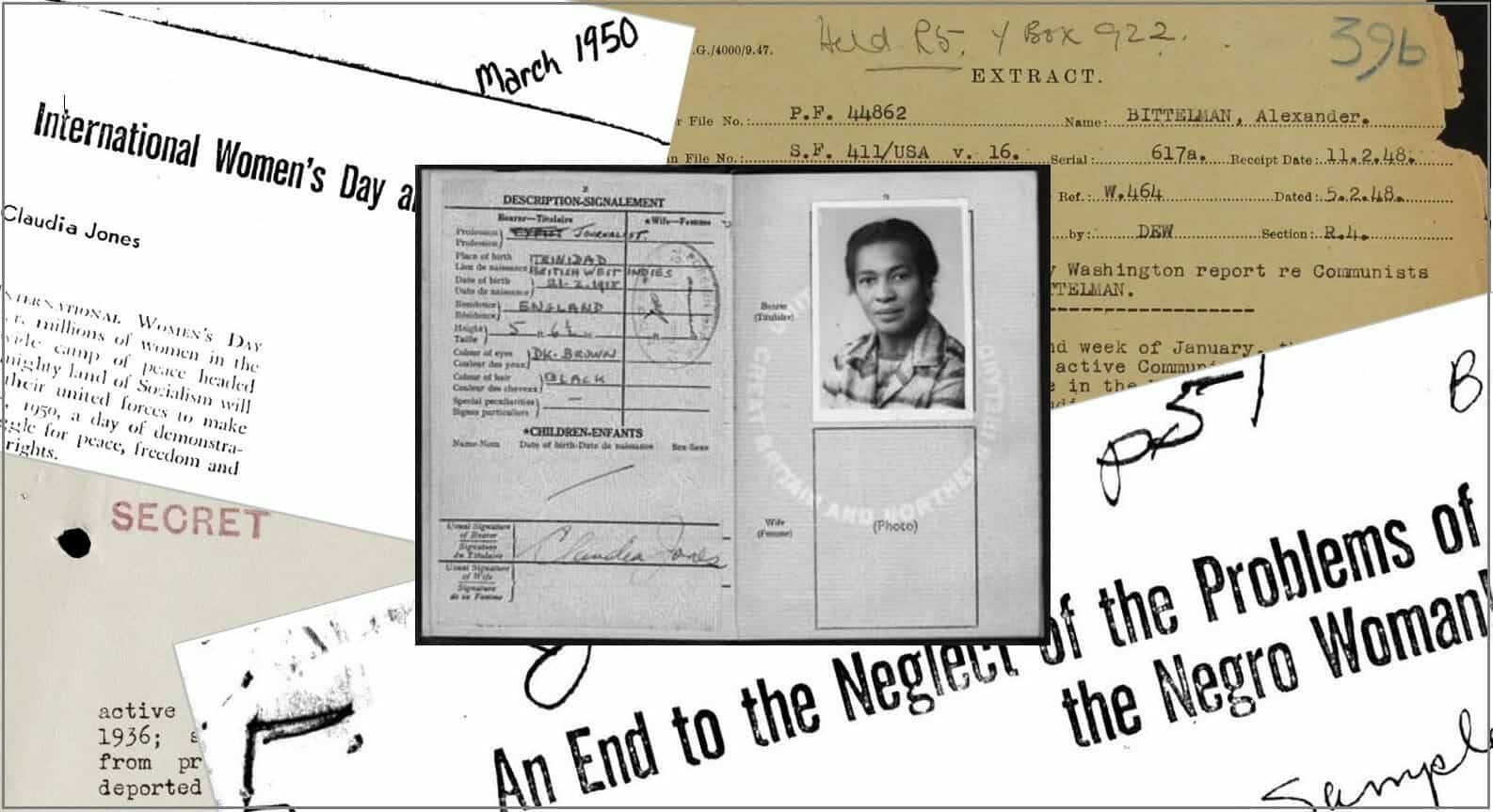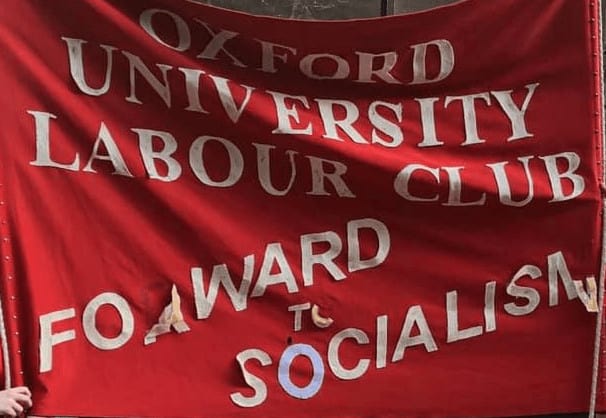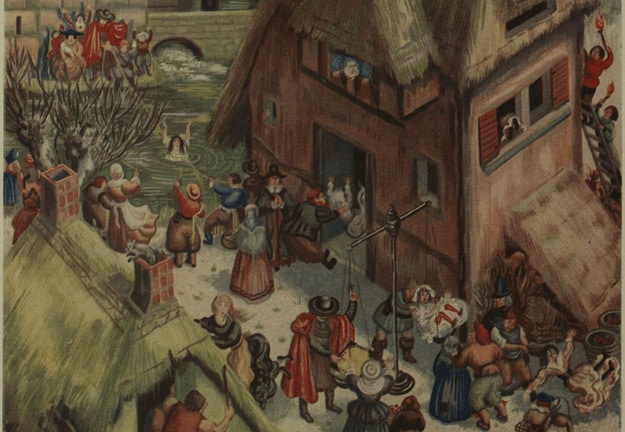|By Liping Yang, Senior Manager, Academic Publishing, and Emma Harris, Associate Editor, Gale Primary Sources|
Gale Primary Sources’ State Papers Online Colonial: Asia digital archive welcomed its third instalment in September 2024 – State Papers Online Colonial: Asia, Part III: Malay States, Malaya, and Straits Settlements – providing a continuation of and perfect complement to Part II through a thematic collection on the history of West Malaysia and the earlier history of Singapore.
Made up of mostly original correspondence, as well as two series of maps and plans, and a series of historical photographs, Part III contains over 625,000 newly scanned pages from twelve Colonial Office series sourced from The National Archives, UK.



